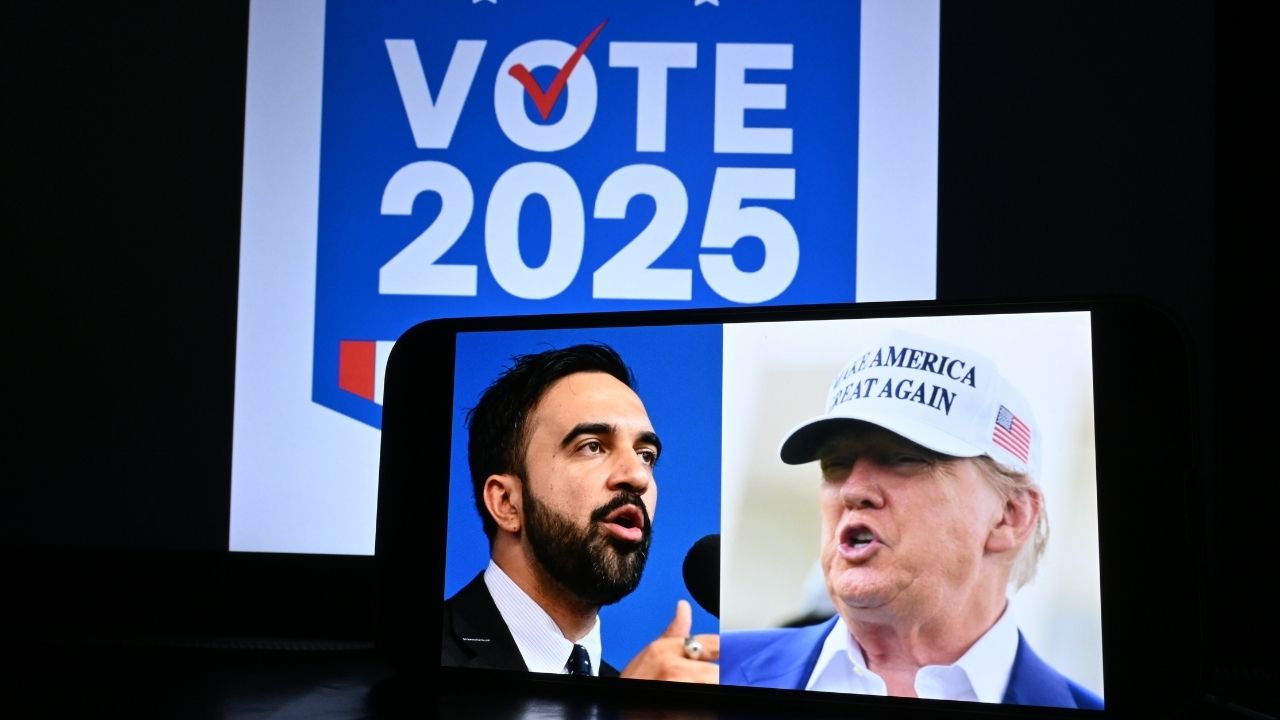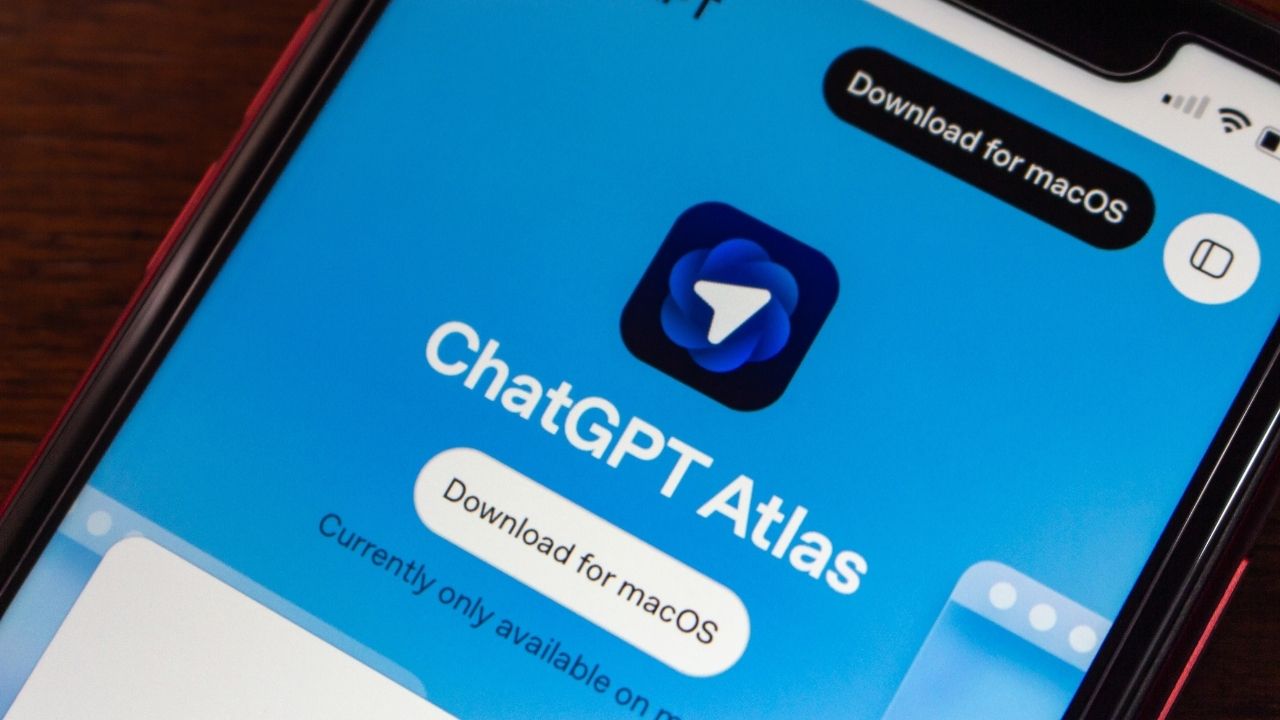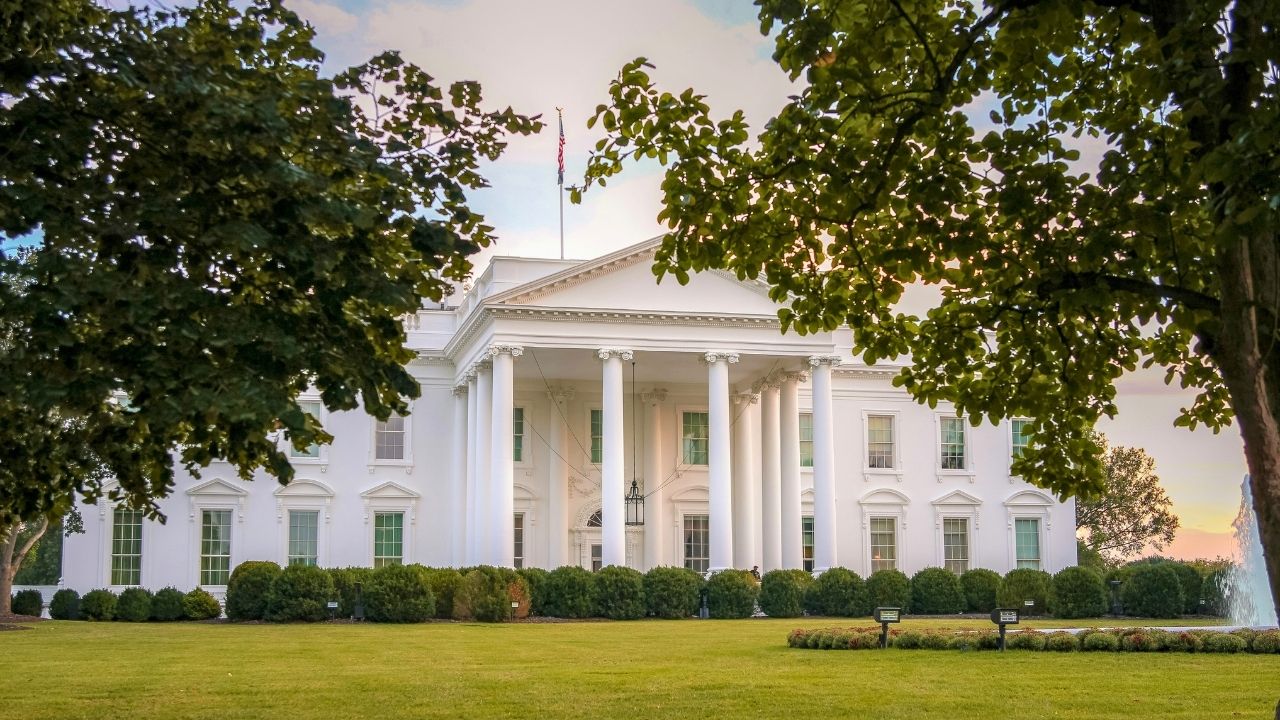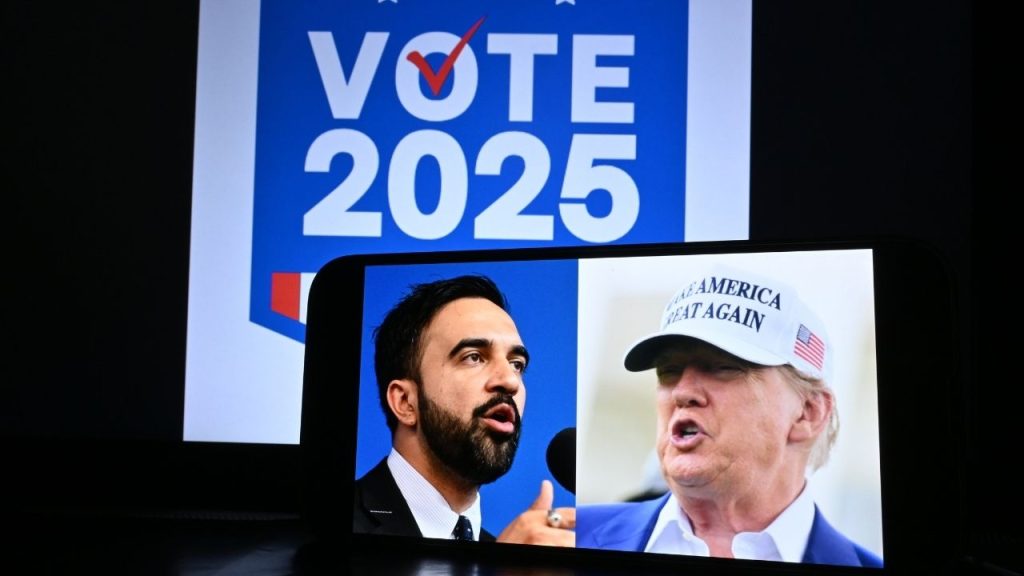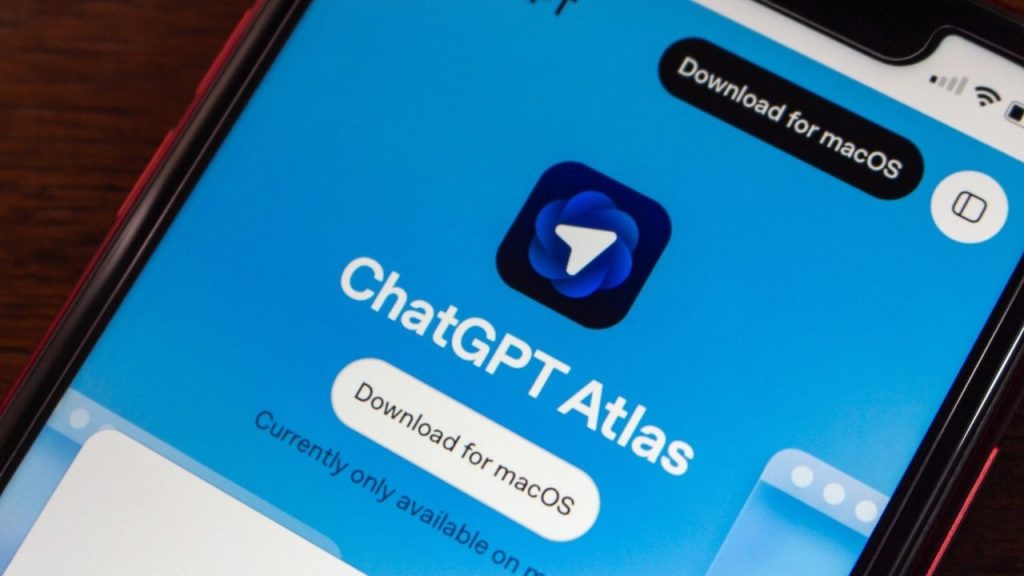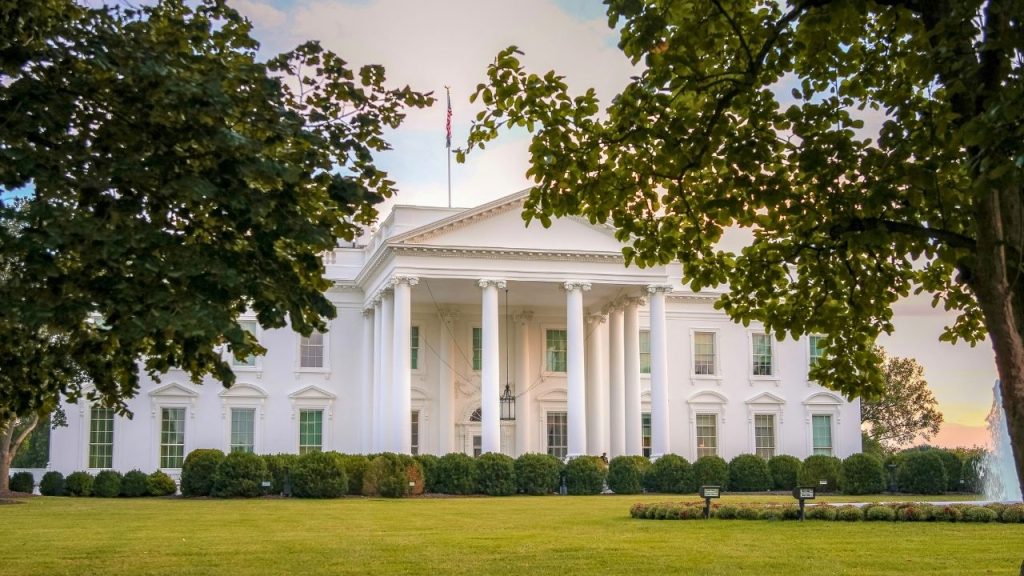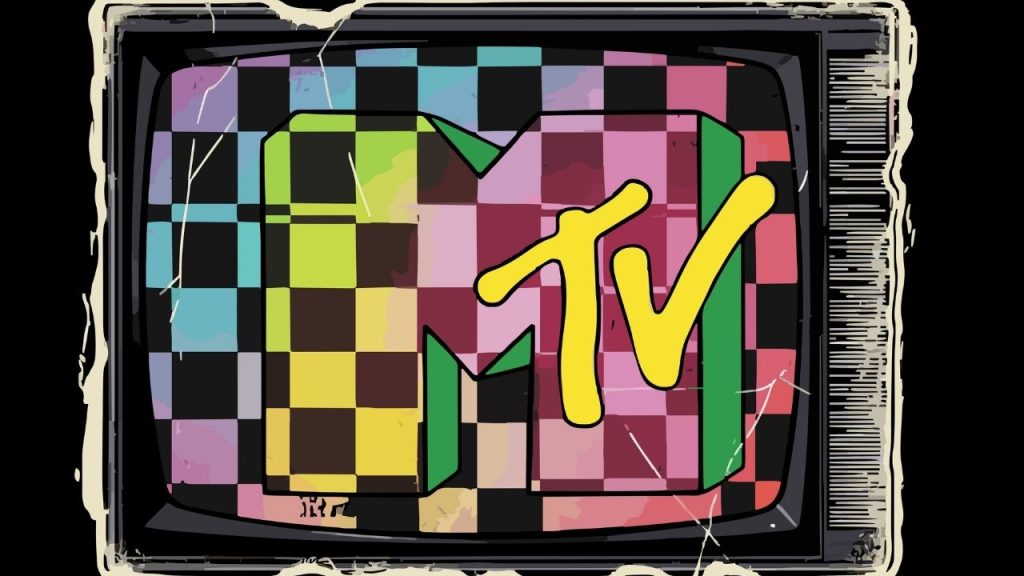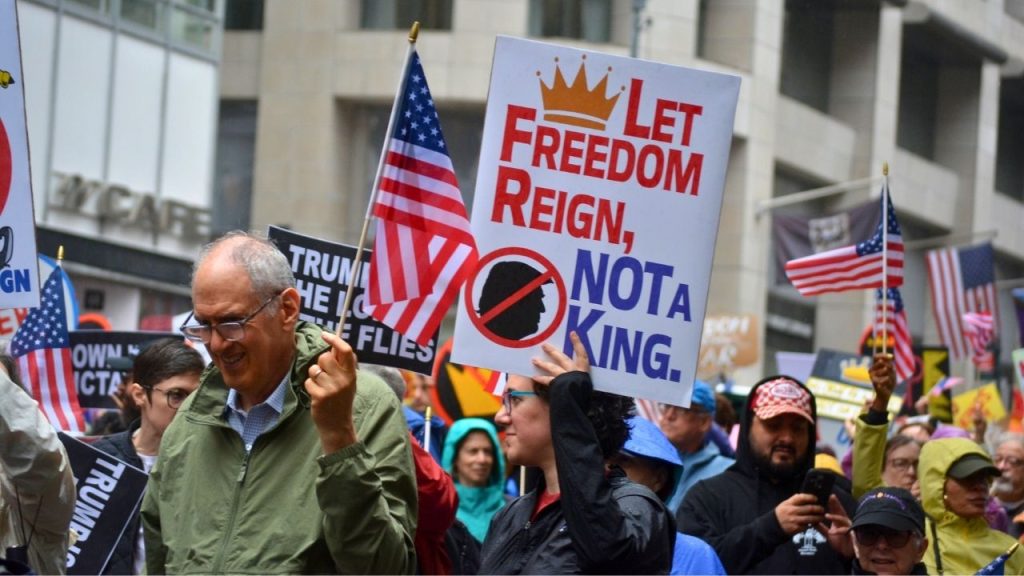On September 17, 2025, ABC, a subsidiary of The Walt Disney Company, suspended Jimmy Kimmel’s late-night talk show, Jimmy Kimmel Live!, indefinitely.
This suspension followed backlash over Kimmel’s monologue about the assassination of conservative activist Charlie Kirk. In his remarks, Kimmel criticized how right-wing figures were reacting to Kirk’s death and accused the “MAGA gang” of trying to frame the shooter as anything but one of their own.
Shortly after those remarks, FCC Chair Brendan Carr publicly condemned Kimmel’s commentary. Carr called the comments “truly sick” and suggested that ABC, Disney, and the affiliates might face consequences, including regulatory action. Carr said that broadcasters have an obligation under their FCC licenses to operate in the public interest. He also told broadcasters they could do things “the easy way or the hard way.”
Following Carr’s statements, several large ABC affiliate station groups, including Nexstar and Sinclair, pulled Jimmy Kimmel Live! from their lineups. ABC itself suspended production of the show. The move sparked major debate about free speech, media independence, and whether this kind of pressure from a government official crosses a constitutional line.
The Government’s Role
Carr has defended his statements, arguing that the FCC has a duty to ensure broadcasters uphold community standards and the public interest. That standard has been part of federal communications law for decades, though it is notoriously vague and rarely used to punish specific speech except in cases of obscenity or indecency. Critics argue that invoking it here, over political commentary, crosses a line.
- Criticism of Kimmel’s monologue: Carr accused the comedian of spreading misinformation and said Kimmel’s characterizations about Kirk’s assassin were misleading.
- Threats of regulatory consequences: Carr hinted that failure to act (e.g. by ABC or the station affiliates) could lead to FCC enforcement, possibly affecting broadcast licenses.
- Public pressure via affiliates: After Carr’s remarks, affiliate groups quickly moved to pull the show. While these groups may say it was their own decision, critics argue their swift compliance shows they were influenced by knowing the FCC could penalize non-compliance.
The American Civil Liberties Union (ACLU) blasted the move, saying, “Jimmy Kimmel is the latest target of the Trump administration’s unconstitutional plan to silence its critics and control what the American people watch and read.” The group added, “Cowering to threats, ABC and the biggest owner of its affiliate stations gave the Trump FCC chairman exactly what he wanted by suspending Kimmel indefinitely.”
The Foundation for Individual Rights and Expression (FIRE) also condemned the FCC’s posture, stating, “The FCC has no authority to control what a late night TV host can say, and the First Amendment protects Americans’ right to speculate on current events even if those speculations later turn out to be incorrect.”
Carr defended his role, maintaining that the public-interest standard is part of FCC license obligations. Broadcasters are required by law to run in the “public interest,” which is somewhat vague and has historically allowed some regulatory flexibility.
Legal & Constitutional Questions: Was It Illegal?
This is where things get tricky. Several legal scholars and free speech advocacy groups are asking whether Carr’s actions constitute coercion, which under U.S. law can be unconstitutional when applied by government actors. Senators on both sides (but especially Republicans concerned about conservative free speech) have called Carr’s behavior dangerous, likening it to threats or intimidation tactics.Here are the main legal lines:
The First Amendment protects speech from being suppressed by the government. It prohibits direct censorship and also limits the government’s ability to use threats to force private parties to stop speech. The legal question is not just what was said, but whether ABC and its affiliates were pressured by a government official to take down or suspend speech. If so, that could be “state action” or “coerced speech,” which courts have repeatedly found to be unconstitutional.
Broadcasters who have licenses from the FCC are held to certain obligations, including serving the public interest. That is a key lever the FCC has historically used. Carr explicitly cited that obligation. However, the law has limits: FCC power is typically applied to narrow categories (e.g. obscene content, children’s programming, licensing requirements). Using that power to enforce ideological conformity or punish speech because it’s politically unpopular is controversial and many constitutional scholars believe such use could violate the First Amendment.
ABC and Disney are private organizations and technically have the right to make programming decisions. This means that simply because the government criticizes someone doesn’t automatically make any reaction or corporate decision illegal. Kimmel might also have contract or employment law claims against ABC, depending on the terms of his show deal. But those are different from First Amendment claims.
In NRA v. Vullo (2024), the Supreme Court unanimously held that a government official could not coerce regulated financial institutions to sever ties with the NRA in order to punish or suppress the NRA’s speech. The Court reaffirmed the principle from Bantam Books v. Sullivan that threats of adverse government action intended to silence disfavored speech can cross the constitutional line.
Taken together, these principles suggest that if Brendan Carr’s remarks were interpreted as a threat tied to FCC power, the government may have crossed the constitutional line, making Kimmel’s suspension not just a corporate decision but potentially a First Amendment violation.
The Stakes for Free Speech
What happened to Kimmel has sparked concern far beyond Hollywood. If a comedian’s monologue can be labeled a public-interest violation by a regulator, critics say, the same reasoning could be applied to political talk shows, investigative journalism, or even local news coverage. This could lead to a chilling effect where broadcasters pre-emptively avoid controversial subjects to stay on the FCC’s good side.
Supporters of Carr argue that broadcasters are unique because they use public airwaves and accept certain obligations in return. They say ABC and its affiliates had every right to pull a program that crossed a line, just as networks have previously suspended talent over offensive jokes or scandals. They view this as a matter of taste and corporate responsibility, not constitutional law.
But the speed of the decision (coming just hours after Carr’s warning) has left many skeptical. The timing suggests that affiliate groups acted under pressure, worried that failure to act might bring regulatory scrutiny or threaten their licenses. If that perception is true, it raises serious concerns about government influence over editorial decisions.
Why It Matters in America
Jimmy Kimmel’s firing is no longer just a story about late-night comedy. It has become a test case for the boundary between government oversight and free speech. Whether ABC acted voluntarily or under duress will likely be debated for months, and the outcome could shape how regulators interact with broadcasters in the future.
For now, one thing is clear: the combination of government criticism and corporate action has removed a major voice from late-night television. That has alarmed advocates who see it as a dangerous precedent. One that could silence not just comedians, but anyone whose speech angers those in power.
Photo Credit: Jimmy Kimmel (Disney/Mark Seliger)

